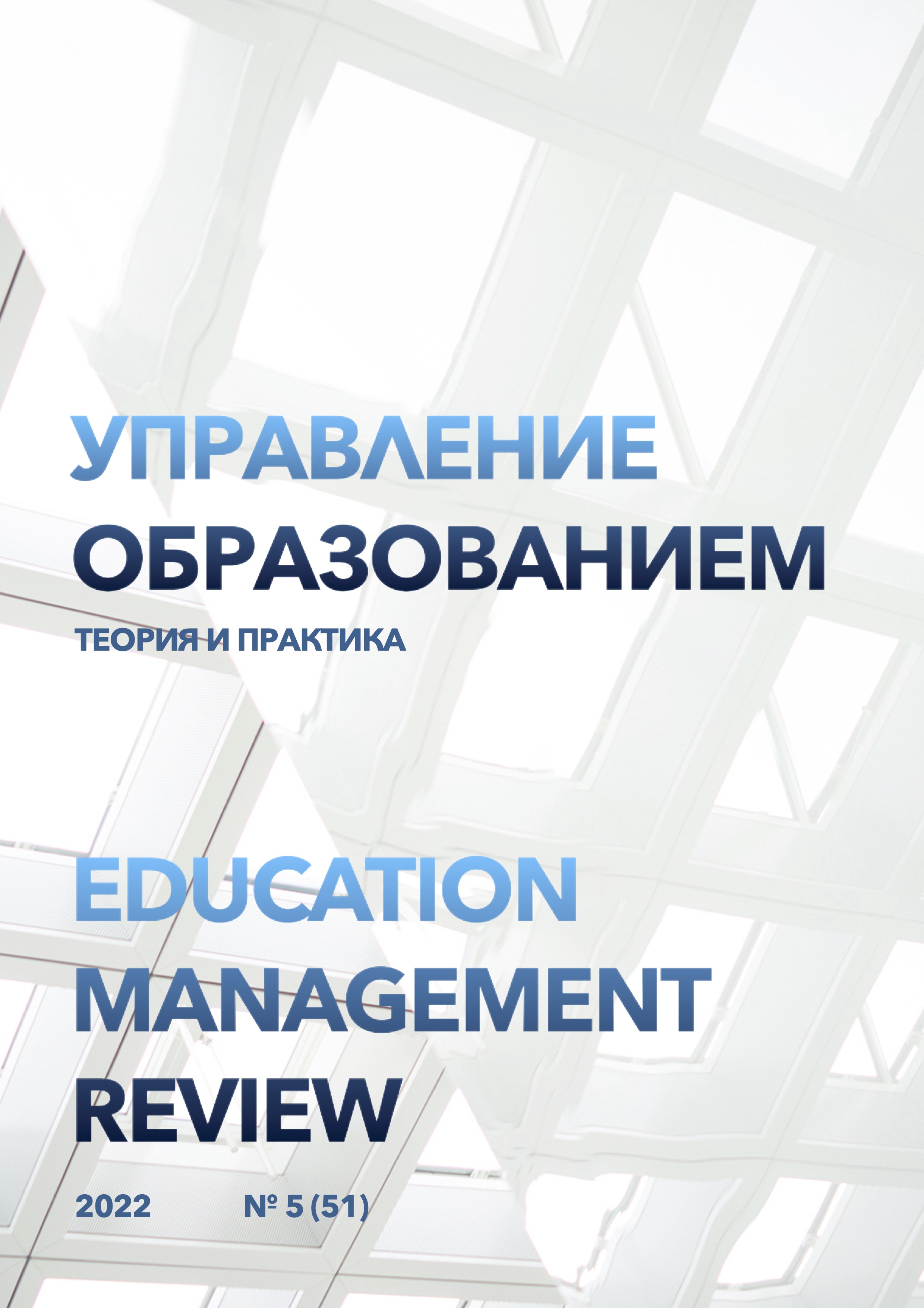Features of the implementation of the security policy of the distance course
DOI:
https://doi.org/10.25726/h2261-5220-4977-z%20Keywords:
security policy, distance learning, technical protection, information securityAbstract
Ensuring information security remotely of the course provides for the creation of a system to protect its information resources from intruders who want to use, modify or simply destroy these resources. Information security is understood as "the state of information security, in which its confidentiality, accessibility and integrity are ensured. The complex nature of the protection problem suggests that a combination of legislative, organizational, and software and technical measures is necessary to solve it. Knowledge of possible threats, as well as vulnerabilities of the information system, is necessary in order to choose the most effective means of ensuring security. One of the most dangerous and frequent are unintentional errors of users, operators, system administrators and other persons serving information systems. Sometimes such errors lead to direct losses (incorrectly entered data, an error in the program that caused the system to stop or collapse). Sometimes they create weaknesses (most often due to administrative errors) that can be exploited by attackers. The second place in terms of damage is occupied by theft and falsification. In most cases, the perpetrators turned out to be full-time employees of organizations who were well acquainted with the working hours and protective measures. The key stage for building a reliable information system is the development of a security policy. There are several definitions of this concept.
References
Валянский С.И. Теория информации и образование. Условия выживания России. М.: АИРО-ХХ; «Крафт+», 2005. 140 с. http://internat.msu.ru/wp-content/uploads/2013/08/%D0%A2%D0%B5%D0%BE%D1%80%D0%B8%D1%8F_ %D0%B8%D0%BD%D1%84%D0%BE%D1%80%D0%BC.pdf
Галямова Е.В., Павлов Ю.Н. История науки «Теория информации» / МГТУ им. Н.Э. Баумана. М., 2017. http://engineering-science.ru/doc/48780.html
ГенДокс. Информационные технологии в управлении. 2009. http://gendocs.ru/v39822/?cc=6
Журавлев Ю.И. Фундаментально-математический и общекультурный аспекты школьной информатики // Вопросы образования. 2005. № 3. https://vo.hse.ru/2005--3/27044703. html
Научно-исследовательская лаборатория «Бизнес-школа информационных технологий». Теоретические основы информатики. Имитационное моделирование: Исходные понятия информатики. https:// it.rfei.ru/course/~uibT/~GInfy6uu
Семенов А.Л. Качество информатизации школьного образования // Вопросы образования. 2005. https://vo.hse. ru/2005--3/27044823.html
Урсул А.Д. Природа информации. М., 1968. http://inion.ru/site/assets/files/1474/ursul_a_d_priroda_informacii.pdf
Шеннон К., Уивер Л. Математическая теория связи. М.: Физматгиз, 1956. С. 46. https://books.google.ru/books?id = lo__AgAAQBAJ&pg=PA398&lpg=PA398&dq
Шершнева В.А. Формирование математической компетентности студентов инженерного вуза на основе полипарадигмального подхода: монография. Красноярск, 2011. https://search.rsl.ru/ru/record/01005420610
Эшби У.Р. Введение в кибернетику. М.: ИЛ, 1959. С. 27. http://publ.lib.ru/ARCHIVES/E/ESHBI_Uil'yam_Ross/_Eshbi_U.R..html




